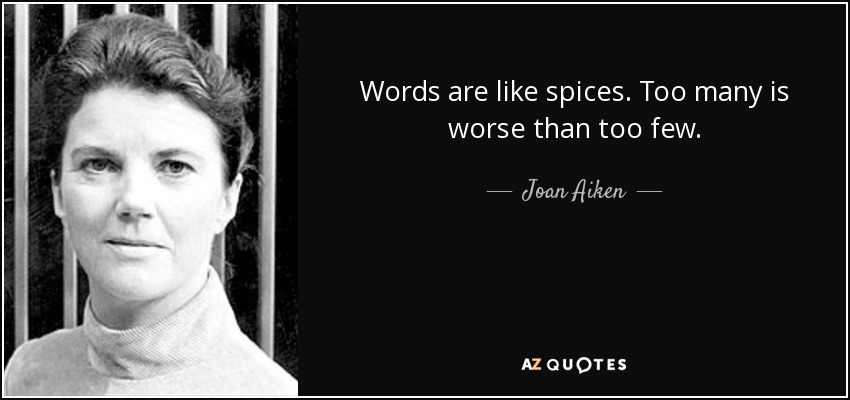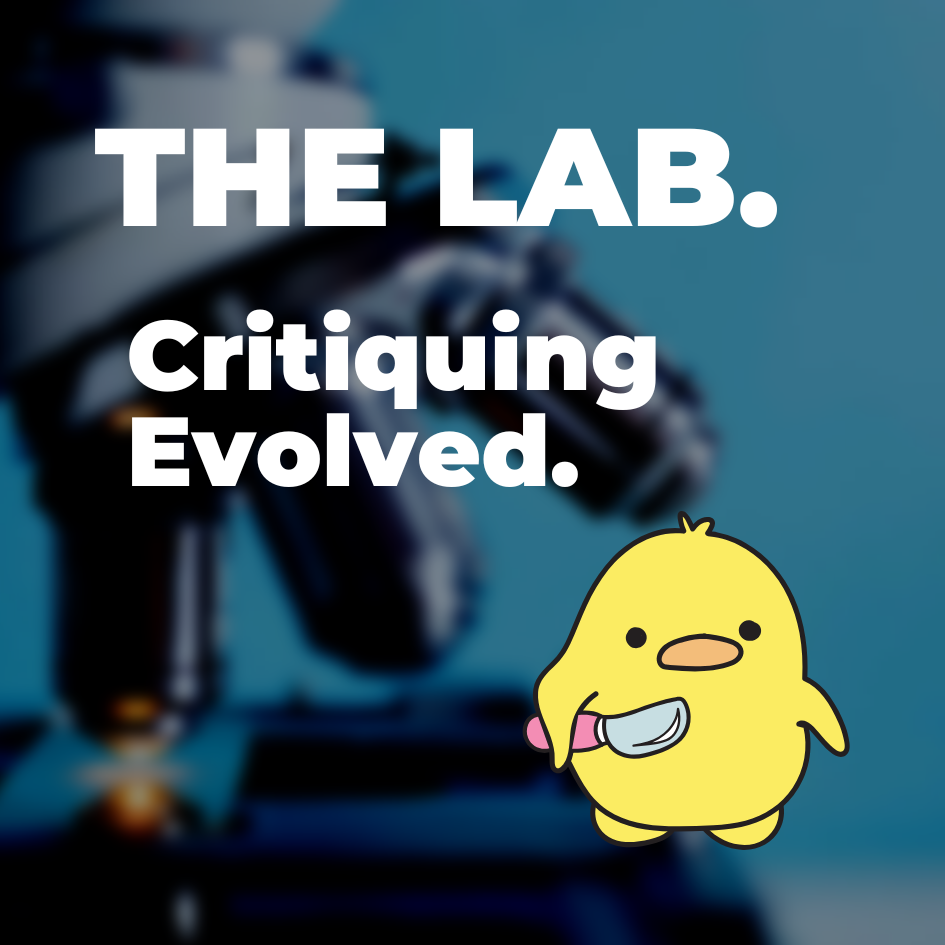Paul Whybrow
Full Member
It's very easy, when in the throes of writing to give too much information away. In structuring my crime novels, I frequently need to adjust the order of events, altering where I tell the reader something crucial—even if it seems unimportant at the time.
Writers like to write, so it's tempting to dump excessive detail into the narrative, much of which needs hacking away during editing. A newbie writer throws everything at the page: an experienced author is merciless in judging the worth of what they've penned, destroying most of it to improve the flow.
Good storytelling never gives you four; it gives you two plus two....Don't give the audience the answer; give the audience the pieces and compel them to conclude the answer. Audiences have an unconscious desire to work for their entertainment. They are rewarded with a sense of thrill and delight when they find the answers themselves.
Bob Peterson (Co-Writer of Finding Nemo, on what he calls The Unifying Power of Two Plus Two)
Think, for a moment, about how a comedian tells a joke. There's the set-up, the premise of the situation being described, with a bare minimum of detail—only what's relevant—and this often includes misdirection (red herrings), before the punchline brings the joke to an end...providing a sense of relief or surprise for the listener. Humour is often based on things that we're afraid of happening to us, so even short jokes contain suspense. The plot of a story should do too, which can partly be done by the withholding of information and directing the audience's gaze elsewhere, before the grand reveal. Stand-up comics and magicians do this.
The real purpose of books is to trap the mind into doing its own thinking.
Christopher Morley
When describing a new character, I tend to avoid doing it upfront as soon as they appear—listing their height, build, hair colour, complexion etc, like in a passport application or criminal record file. Instead, I spread information out, as they talk and do things—retrieving something from a high shelf for a colleague, which indicates their height, putting their spectacles on to read fine print or having someone else notice that she's stained the skin of her forehead with hair dye. This means my readers need to pay attention, but I hope that this drip-feed technique is stimulating.
One of my favourite crime writers, Walter Mosley, does just the opposite in his Leonid McGill series. His private investigator protagonist is self-conscious about his height, and compensates for his shortness by being a snappy dresser, and also working out at a boxing gym—which has given him a stocky, muscled physique. Whenever he meets someone, be they strangers or old acquaintances, Leonid first mentions their height, their clothing and build. It's unusual for an author to poke fun at his hero in such a sly way. In my WIP, I've started to slide incidental details into describing my Cornish Detective protagonist, to build a fuller image of him as he ages. For instance, he's currently prowling Saint Ives, questioning artists; it's a bright day, the sun's rays are bouncing off the sea, and his forehead is smarting from the heat, making him realise that his hairline is receding.
Withholding too much information will irritate a reader, but they like knowing things that the MC doesn't, which gives them a feeling of power, a personal involvement in the outcome of the story.
Do you keep information back in your plots?
Have you dropped any surprises on your reader?
Do you use false clues to mislead them?
How do you avoid information dumps? This is a tricky predicament for me, when writing about forensic details about an autopsy. Some readers might get a macabre thrill from the gore, but I don't want to obscure essential clues that alter the course of the investigation.

Writers like to write, so it's tempting to dump excessive detail into the narrative, much of which needs hacking away during editing. A newbie writer throws everything at the page: an experienced author is merciless in judging the worth of what they've penned, destroying most of it to improve the flow.
Good storytelling never gives you four; it gives you two plus two....Don't give the audience the answer; give the audience the pieces and compel them to conclude the answer. Audiences have an unconscious desire to work for their entertainment. They are rewarded with a sense of thrill and delight when they find the answers themselves.
Bob Peterson (Co-Writer of Finding Nemo, on what he calls The Unifying Power of Two Plus Two)
Think, for a moment, about how a comedian tells a joke. There's the set-up, the premise of the situation being described, with a bare minimum of detail—only what's relevant—and this often includes misdirection (red herrings), before the punchline brings the joke to an end...providing a sense of relief or surprise for the listener. Humour is often based on things that we're afraid of happening to us, so even short jokes contain suspense. The plot of a story should do too, which can partly be done by the withholding of information and directing the audience's gaze elsewhere, before the grand reveal. Stand-up comics and magicians do this.
The real purpose of books is to trap the mind into doing its own thinking.
Christopher Morley
When describing a new character, I tend to avoid doing it upfront as soon as they appear—listing their height, build, hair colour, complexion etc, like in a passport application or criminal record file. Instead, I spread information out, as they talk and do things—retrieving something from a high shelf for a colleague, which indicates their height, putting their spectacles on to read fine print or having someone else notice that she's stained the skin of her forehead with hair dye. This means my readers need to pay attention, but I hope that this drip-feed technique is stimulating.
One of my favourite crime writers, Walter Mosley, does just the opposite in his Leonid McGill series. His private investigator protagonist is self-conscious about his height, and compensates for his shortness by being a snappy dresser, and also working out at a boxing gym—which has given him a stocky, muscled physique. Whenever he meets someone, be they strangers or old acquaintances, Leonid first mentions their height, their clothing and build. It's unusual for an author to poke fun at his hero in such a sly way. In my WIP, I've started to slide incidental details into describing my Cornish Detective protagonist, to build a fuller image of him as he ages. For instance, he's currently prowling Saint Ives, questioning artists; it's a bright day, the sun's rays are bouncing off the sea, and his forehead is smarting from the heat, making him realise that his hairline is receding.
Withholding too much information will irritate a reader, but they like knowing things that the MC doesn't, which gives them a feeling of power, a personal involvement in the outcome of the story.
Do you keep information back in your plots?
Have you dropped any surprises on your reader?
Do you use false clues to mislead them?
How do you avoid information dumps? This is a tricky predicament for me, when writing about forensic details about an autopsy. Some readers might get a macabre thrill from the gore, but I don't want to obscure essential clues that alter the course of the investigation.





